
- Article
- Article
Going viral in the online anti-vaccine wars
‘Anti-vaxxers’ are taking their message online using powerful images as well as words. But is the pro campaigners’ response any better?

- Article
- Article
Can isolation lead to manipulation?
Military-funded researchers wanted to know if isolation techniques could facilitate brainwashing. One neuroscientist suggested that it might improve our own control over our minds.

- Article
- Article
How do advertisers get inside our heads?
Vance Packard exposed techniques of mass manipulation developed by 1950s advertisers that are still at work today in the age of big data.
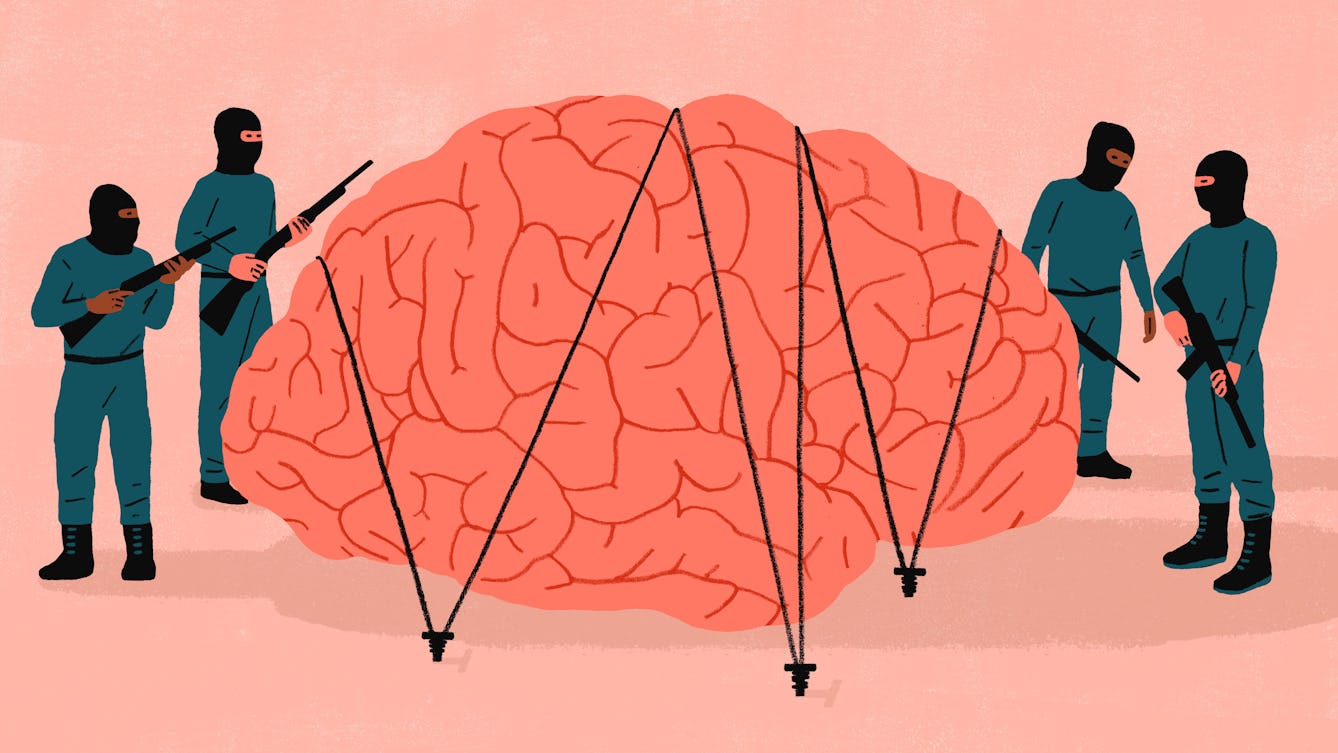
- Article
- Article
Can our minds be taken hostage?
It’s not unusual for captives to end up feeling strong bonds with their captors. But is it a matter of submission or survival?

- Article
- Article
Can our sexual desires be transformed?
In the 1950s, many psychiatrists thought that homosexuality could be reformed. One found that it couldn’t – and his discoveries led to a change in the law.

- Article
- Article
Do good mothers make good democracy?
To be psychologically fit for democracy, one distinguished paediatrician argued that you need a ‘good enough mother’ – and that we must acknowledge the bad side of our feelings.

- Article
- Article
Dealing with the dead after a nuclear attack
Cold War-era predictions of death on a vast scale became routine. But the British authorities were less prepared to dispose of the bodies.
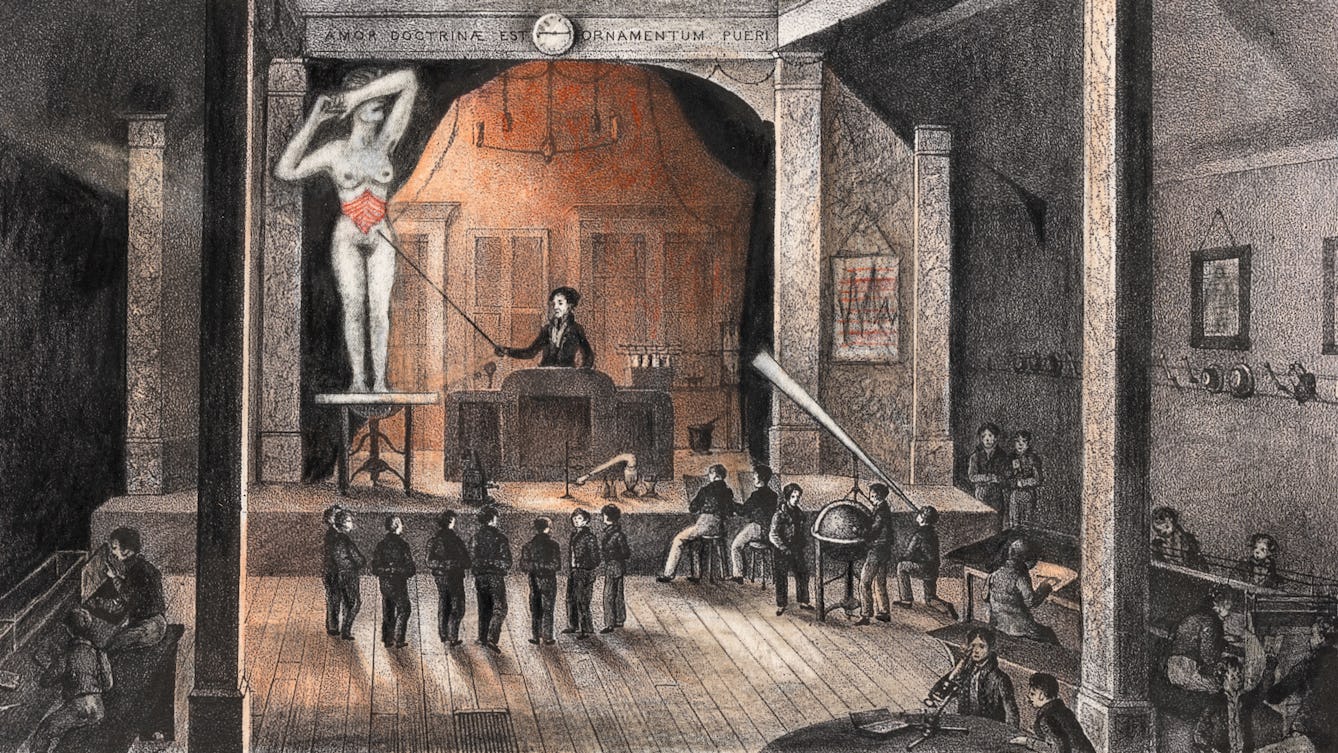
- Article
- Article
Getting the measure of pain
In the 20th century doctors tried to find a way to measure pain. But even when ‘objective’ measures were rejected, an accurate understanding of another’s pain remained frustratingly elusive.

- Article
- Article
The trouble with too many things
Hoarding is a slippery subject – difficult to define or diagnose. As she tries to explain the intensity of her grandma’s collecting, Georgie Evans finds the words and tools at her disposal aren’t all that helpful.

- Article
- Article
How can we prevent violence?
Evidence shows that strategies to prevent some types of violence can be very effective, while other, less well-acknowledged forms continue unabated. But hope can still guide us into a more peaceful future.

- Article
- Article
Aphasia and drawing elephants
When Thomas Parkinson investigated the history of “speech science”, he discovered an unexpected link between empire, elephants and aphasia.

- Book extract
- Book extract
The history of brainwashing
Is it possible to control what other people think? In this abridged extract from his book ‘Brainwashed’, psychoanalyst and historian Daniel Pick offers us a new history of thought control.

- Article
- Article
The eye of darshan
The Hindu concept of darshan means “divine revelation”, but it’s also about the multilayered ways in which we see the world around us. Adrian Plau explains how one image in a Panjabi manuscript relates to darshan, and why it’s so striking.

- Book extract
- Book extract
Dangers inside and out
Eimear McBride reflects on the deadly consequences of misogyny in the wake of the murder of Sarah Everard and argues why advising women to simply “stay indoors” is wrong.

- Article
- Article
Electrical epilepsy and the EEG Test
The EEG (electroencephalograph) literally electrified the diagnosis and treatment of epilepsy. But for Aparna Nair the dreaded EEG tests of her adolescence were a painful ordeal.

- Interview
- Interview
Inside the mind of Living with Buildings curator, Emily Sargent
Curator Emily Sargent reveals why council estates and a Finnish TB sanatorium were chosen for the ‘Living with Buildings’ exhibition.
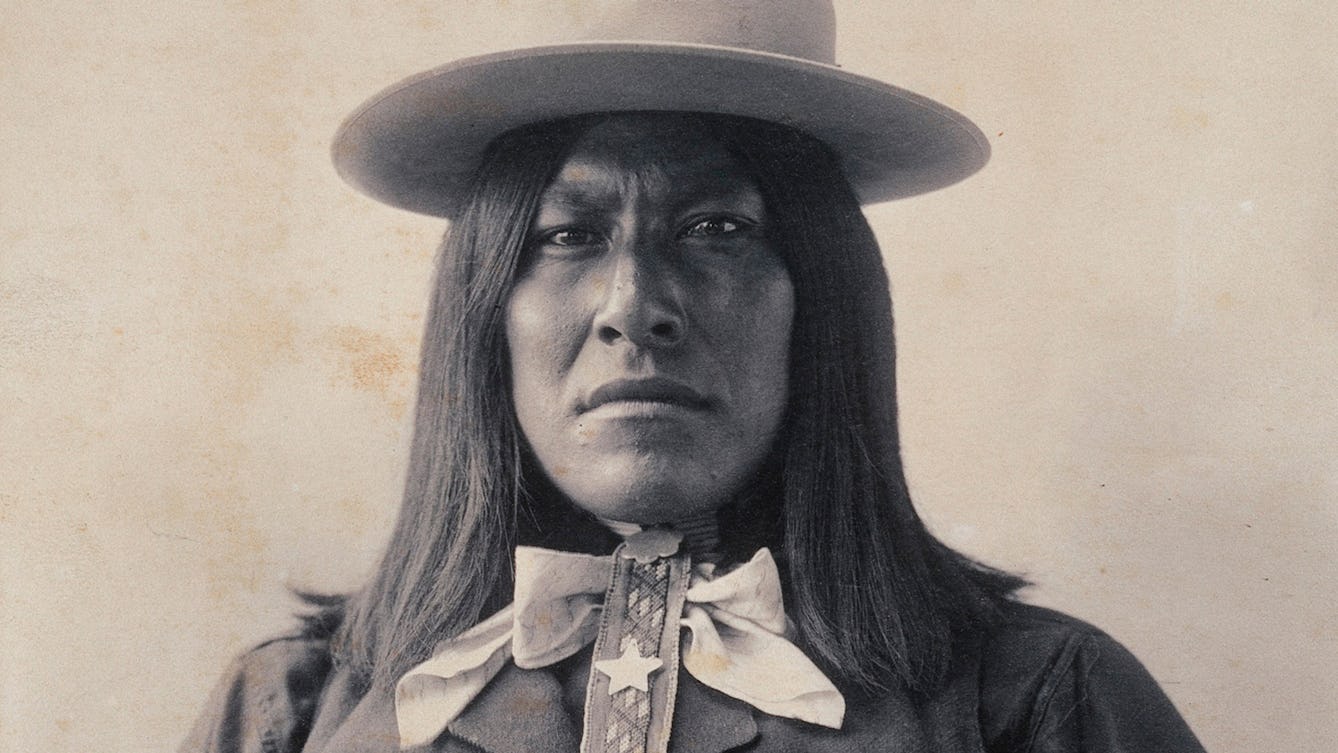
- Article
- Article
Native Americans through the 19th-century lens
The stories behind Rinehart's photographs may not be as black and white as they first appear.

- Article
- Article
Louis Wain’s cryptic cats
Once famous for his quirky cat illustrations, today Louis Wain is often portrayed as a ‘psychotic’ artist whose illness can be mapped out through his drawings. Here Bryony Benge-Abbott takes a more rounded view.

- Article
- Article
Duelling doctors
An enduring enthusiasm for 18th-century gentlemen to defend their ‘honour’ by duelling placed doctors in a delicate position. Specially when they faced being shot themselves.
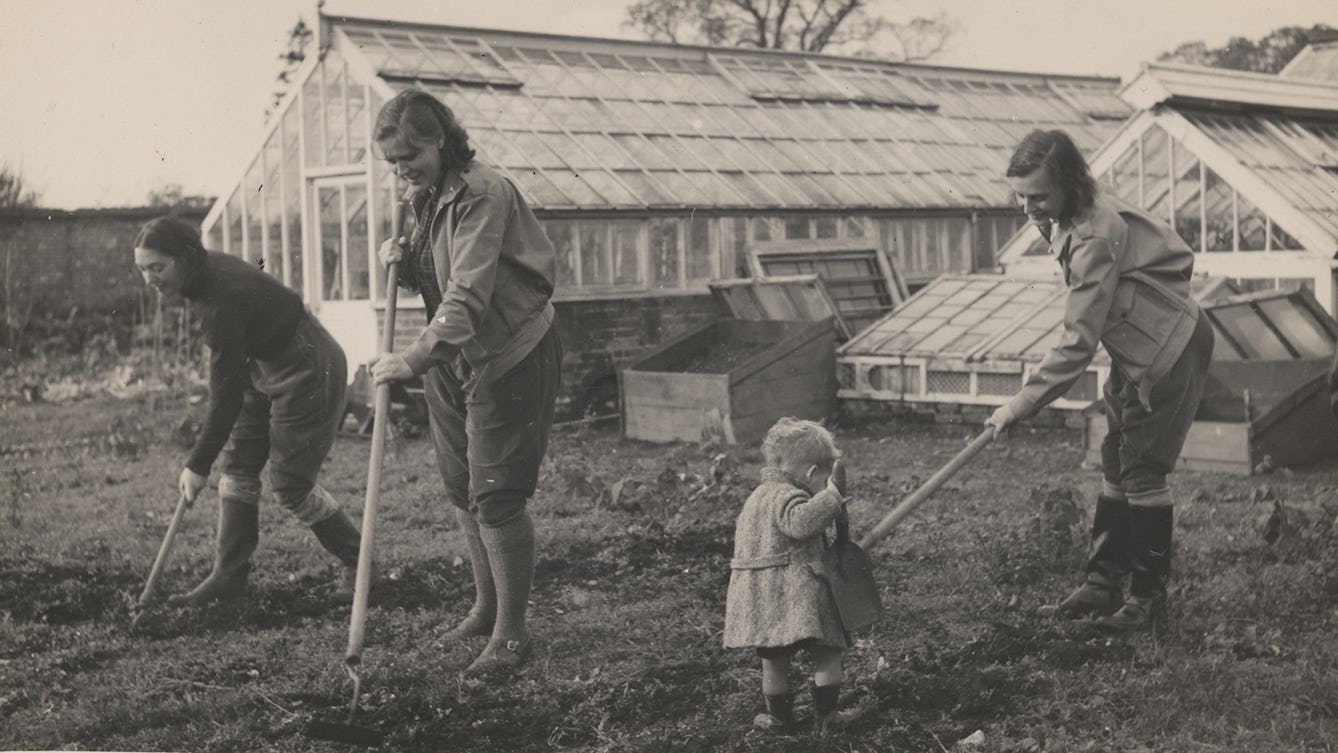
- Article
- Article
How the Peckham Experiment inspired my fiction
Find out how an unruly mass of archive material from a 1930s radical health centre has inspired brand new writing.
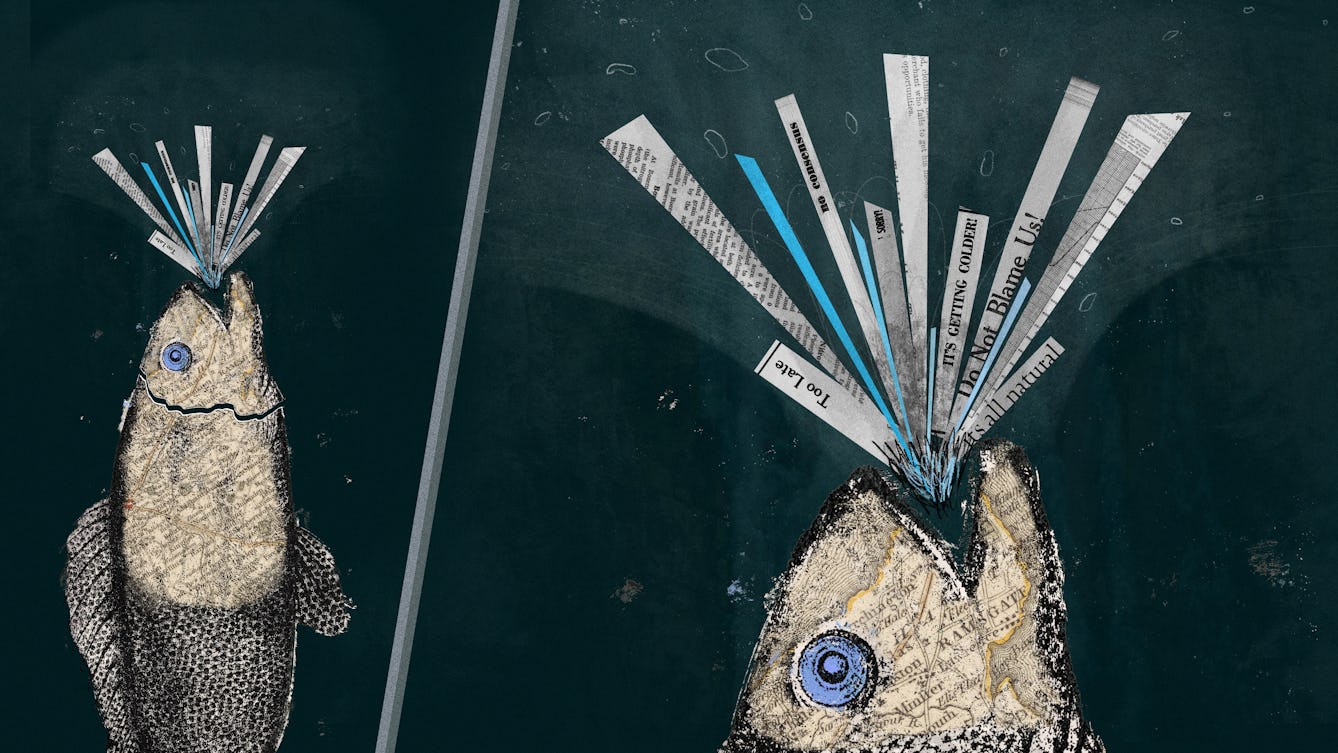
- Article
- Article
Coasting to catastrophe
In climate change, everything – and everyone – is connected. The watery process that will gradually cut off the Isle of Thanet from the British mainland has begun, and everyone in the UK needs to pay attention.
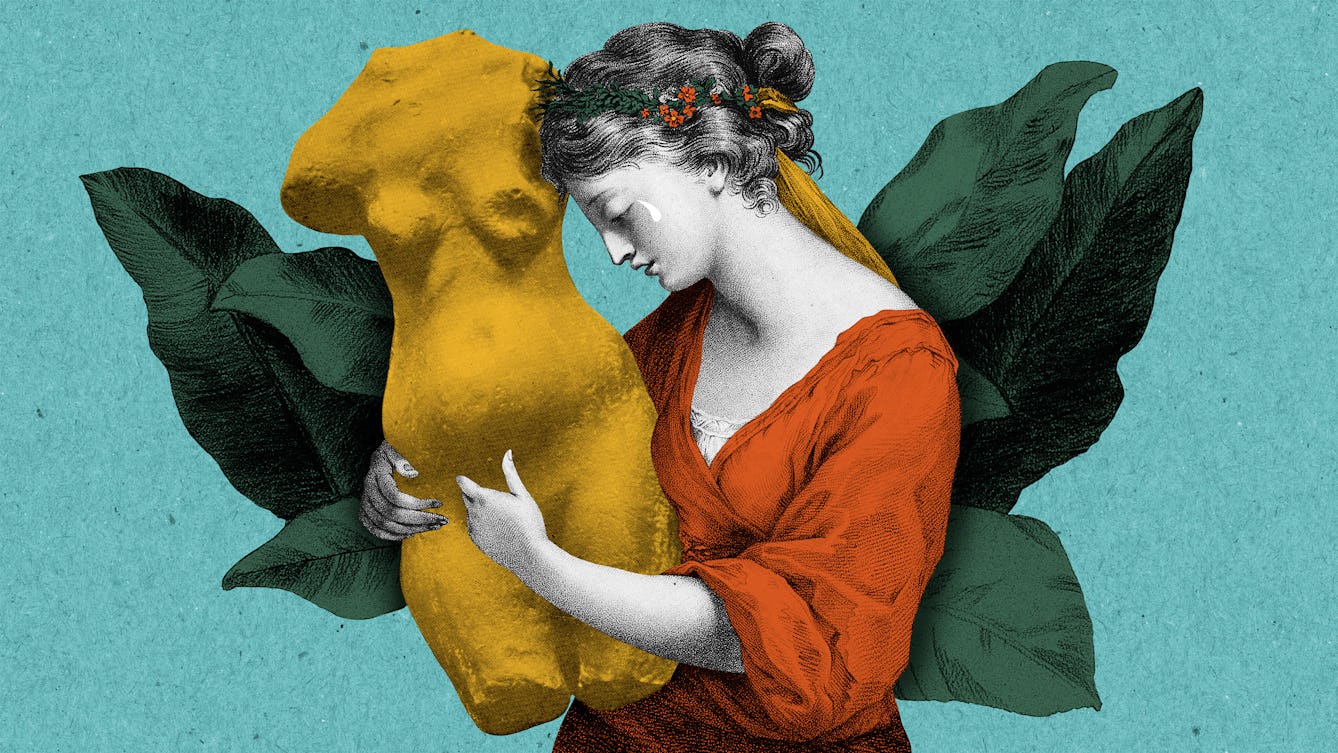
- Article
- Article
The secret sting of cystitis
Agnes Arnold-Forster recounts her experiences of cystitis, explaining how this illness intersects with sexism, shame, and stigma from medical professionals.

- Article
- Article
An insider’s view of Play Well
Curator Shamita Sharmacharja offers behind-the-scenes insights into an exhibition about the serious business of play.
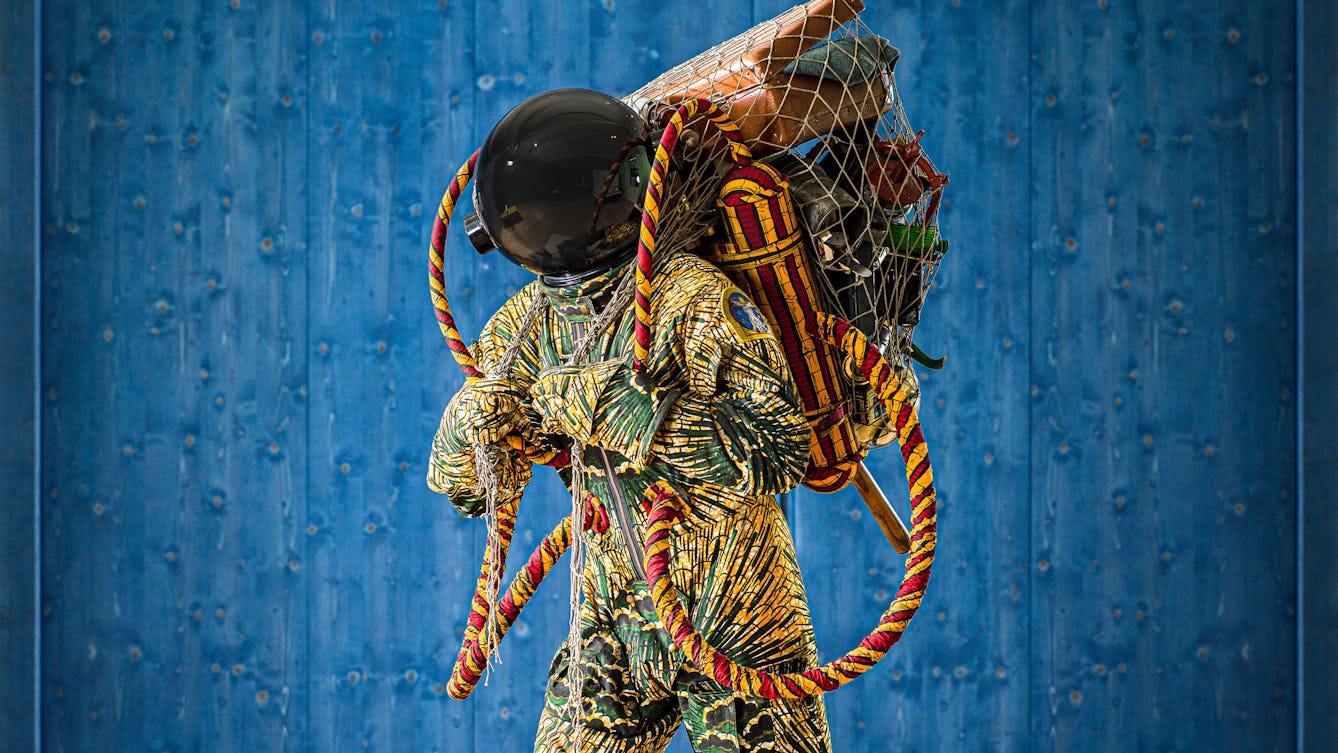
- Interview
- Interview
Meet the climate emergency
Find out what led Yinka Shonibare to create the compelling artwork ‘Refugee Astronaut’.

- Article
- Article
Sick of the theatre
What makes the stage a good place to share real-life experiences of ill health?